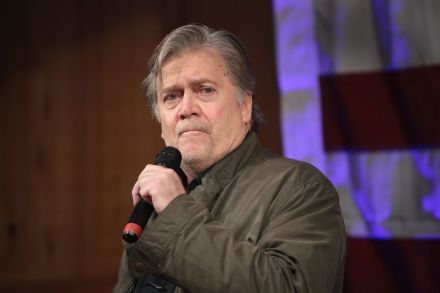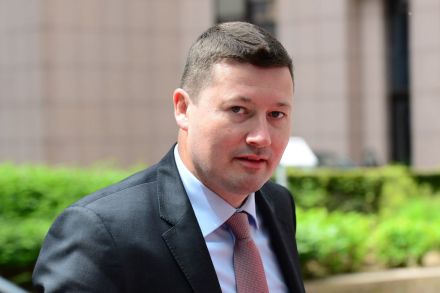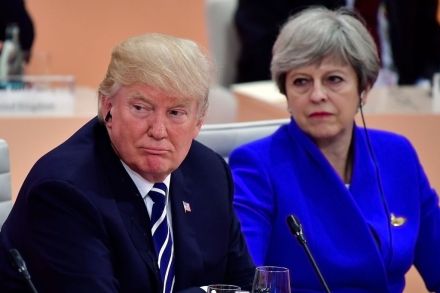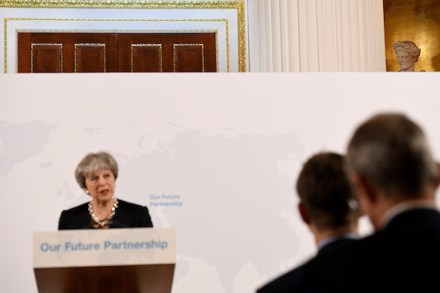Steve Bannon: Brexit is down to Nigel Farage
During the EU referendum, there was a fierce rivalry not just between Leave and Remain but between the two groups campaigning for Brexit. It’s safe to say there was little love lost between Vote Leave – fronted by Boris Johnson and Michael Gove – and Leave.EU which relied heavily on Nigel Farage. So, which side swung the vote? According to Steve Bannon – President Trump’s former adviser – it was all down to Farage. In an interview with Spectator USA, Bannon says that Brexit was down to two things: the website Breitbart London and… Nigel Farage. ‘Brexit would not have happened if Breitbart London had not started,’ he claims, referring




















